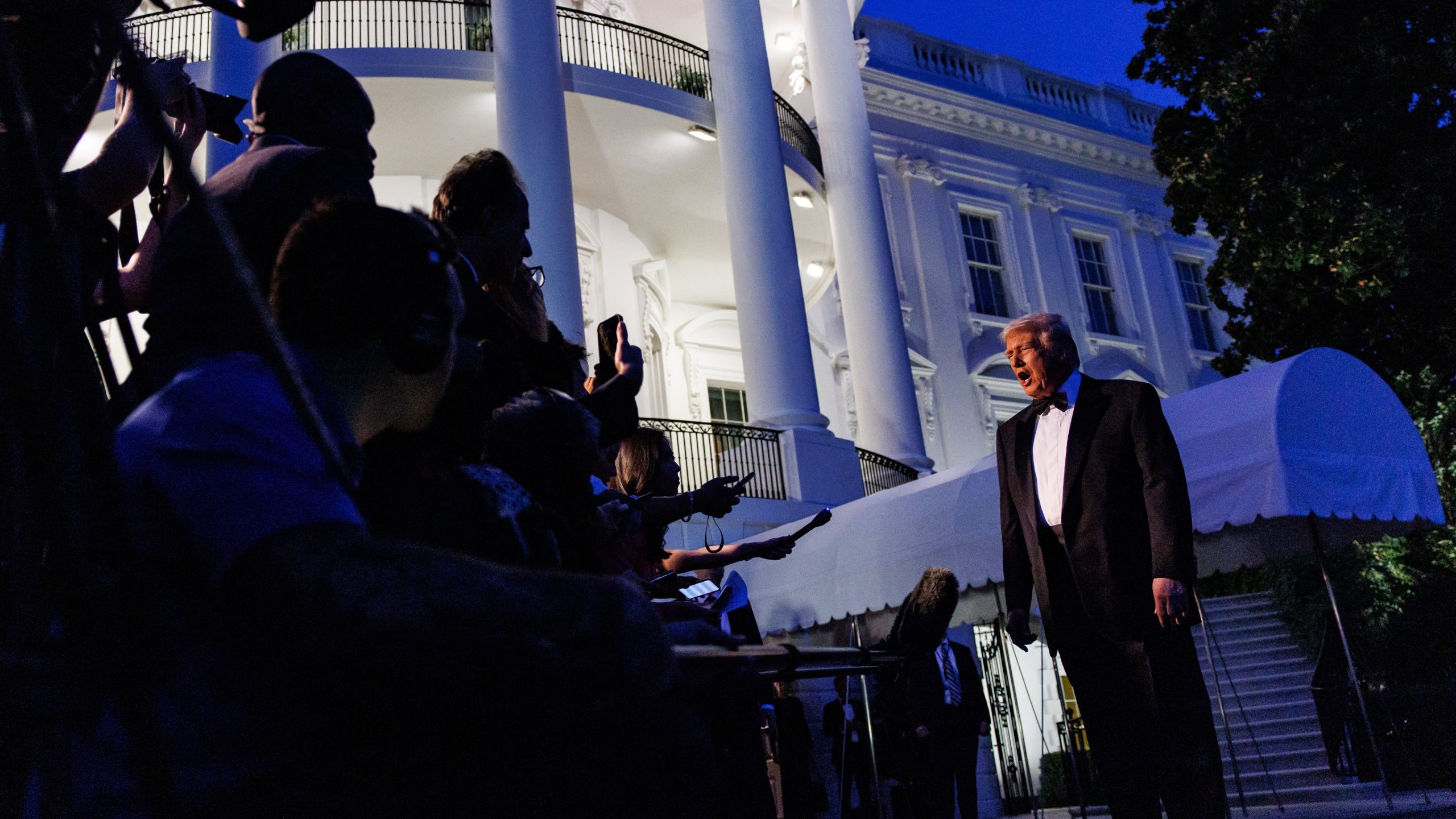The White House clarified that the H-1B $100,000 fee applies only to new applicants and not to renewals or current visa holders. The White House clarifies H-1B policy details continuously. It took effect at 12:01 a.m. ET on Sunday and runs for one year, with a possible extension.
Confusion Over Annual vs One‑time Charge
The rollout sparked uncertainty. Commerce Secretary Howard Lutnick told reporters the cost would be $100,000 per year for up to three years, Reuters reported. A White House official later told AP it is a “one‑time fee,” while policy on renewals “is under discussion.” Press secretary Karoline Leavitt added that current holders “will NOT be charged $100,000 to re‑enter.” It is important that the White House clarifies H-1B regulations frequently.
Tech Sector on Edge, Travel Advice Shifts
Before the clarification, some major employers urged caution. Microsoft and JPMorgan advised H‑1B workers abroad to return before the fee kicked in, and told those in the U.S. to avoid travel pending guidance, according to Reuters. The White House later said the rule “does not impact the ability of any current visa holder to travel to/from the U.S.” Stocks tied to outsourcing fell Friday: Cognizant dropped nearly 5%, while U.S.-listed Infosys and Wipro slipped 2%–5%, Reuters said.
Legal Fight Looming — and New Premium Visas
Immigration experts questioned the legality of the H-1B $100,000 fee. The American Immigration Council’s Aaron Reichlin‑Melnick argued that Congress only authorizes cost‑recovery fees, Reuters reported. AP said challenges are “near‑certain,” with former USCIS official Doug Rand calling the move “ludicrously lawless.” Alongside the fee, Trump announced a $1 million “gold card” and a $5 million “Trump Platinum Card,” which would allow up to 270 days in the U.S. without U.S. taxes on non‑U.S. income; the White House says the platinum card needs congressional approval, AP reported. Reuters added that Trump signed an order to create the gold card.
Who’s Most Affected?
India accounts for about 71% of H‑1B beneficiaries, Reuters reported, so Indian workers and their U.S. employers could feel the sharpest impact. Business groups, including the U.S. Chamber of Commerce, warned of disruption for employees and companies, AP reported. The H‑1B program issues 65,000 visas each year, plus 20,000 for advanced‑degree holders, Reuters noted. Analysts also cautioned that the H-1B $100,000 fee could push work offshore and raise costs for startups, Reuters added. White House clarifies H-1B challenges must be addressed to prevent further impact.


